
Data Science vs. Machine Learning: What Every Elite Coder Needs to Know
Mar 03, 2025 5 Min Read 4918 Views
(Last Updated)
As the world becomes increasingly data-driven, the demand for professionals who can analyze and interpret data has skyrocketed. Data Science and Machine Learning are two of the hottest fields in technology today, but what’s the difference between the two?
As a coder, it’s important to understand the distinction between these two fields and the skills required to succeed in them.
In this article, we’ll explain the differences between these in-demand fields, the importance of each field, the role of coding in both, the skills required, and how to get started.
Table of contents
- Data Science and Machine Learning
- Understanding the Differences
- The Role of Coding and How it Differs
- 1) Coding Practices
- 2) Techniques and End-Results
- 3) The Different Skillset
- Top 6 Must-Have Skills
- Technical skills:
- Soft skills:
- Popular Programming Languages - Python, R, and Java
- Top Tools and Libraries
- Career Opportunities
- The Importance of Data Science and Machine Learning in Today's World
- FAQs
- Should I learn data science or machine learning?
- Does data science require extensive coding?
- How much coding is required for machine learning?
Data Science and Machine Learning
Data Science and Machine Learning are two related fields that deal with the processing, analysis, and interpretation of data.
Data Science is the practice of extracting insights and information from data, while Machine Learning is a subset of Data Science that focuses on building algorithms that can learn from data and make predictions or decisions based on that data.

ML is a multidisciplinary field that draws on techniques from statistics, mathematics, computer science, and domain-specific fields such as biology, finance, or marketing.
Data Scientists are responsible for collecting, cleaning, and organizing data, designing experiments, and building models to extract insights and make predictions or recommendations based on that data.
Machine Learning, on the other hand, is a subfield of Artificial Intelligence (AI) that focuses on building algorithms that can learn from data and make predictions or decisions.
ML algorithms can be supervised, unsupervised, or semi-supervised, depending on the amount and type of data available. Supervised learning algorithms learn from labeled data, while unsupervised learning algorithms learn from unlabeled data. Semi-supervised learning algorithms combine both labeled and unlabeled data to make predictions.
Before we move into the next section, ensure you have a good grip on data science essentials like Python, MongoDB, Pandas, NumPy, Tableau & PowerBI Data Methods. If you are looking for a detailed course on Data Science, you can join GUVI’s Data Science Course with Placement Assistance. You’ll also learn about the trending tools and technologies and work on some real-time projects.
Additionally, if you want to explore Python through a self-paced course, try GUVI’s Python course.
Understanding the Differences
The main difference between Data Science and Machine Learning is the focus of each field.

| DATA SCIENCE | MACHINE LEARNING |
| Data Science is focused on extracting insights and information from data | While Machine Learning is focused on building algorithms that can learn from data and make predictions or decisions based on that data |
| It involves a wide range of techniques, including data visualization, statistical analysis, and machine learning | Machine Learning, on the other hand, is focused on building predictive models and decision-making algorithms that can be used to automate processes, identify patterns, or make recommendations. |
| Data Scientists use these techniques to explore, analyze, and interpret data, and to communicate their findings to stakeholders. | ML Engineers research, build, design, and improve the existing artificial intelligence systems using various ML techniques and models. |
Another way to think about the difference between the two is that Data Science is a broader field that includes Machine Learning as a subfield.
Machine Learning is one of the many techniques that Data Scientists use to extract insights from data. However, it is a powerful technique that has many applications beyond Data Science, such as natural language processing, computer vision, and robotics.
The Role of Coding and How it Differs
Coding is an essential skill for anyone interested in pursuing a career in either of these fields. Data Scientists and ML engineers use coding to collect, clean, and organize data, build models, and interpret results. Let us differentiate based on 3 main factors:
1) Coding Practices
When it comes to coding practices in data science and machine learning, there are notable differences that should not be overlooked. Although both fields are interrelated, developers need to understand the purpose and required expertise before starting the coding process.
Machine learning developers usually work with languages such as C++ and Python, which they learn and understand thoroughly to build and test their models. Python is the most common choice for ML.
Conversely, data scientists use low-level and high-level languages to code systematic thinking to fulfill the purpose of data analysis. High-level languages require more significant expertise but can get the job done more quickly.
Therefore, most data scientists tend to use high-level assembly language to perform their functions. Some examples of these languages will be discussed below.
2) Techniques and End-Results
Machine learning and data science, while sharing similarities, serve different purposes and require unique coding techniques.
Data scientists analyze datasets to prove hypotheses and communicate their findings through reports or visuals, to form theories or tell stories based on data. Hence, they use techniques like Regression, Classification, Linear regression, Anomaly detection, Decision tree, and much more.
In contrast, machine learning developers create algorithms and software that enable computers to learn independently, recognize patterns, and solve problems without supervision. This results in models and algorithms that can be applied to accelerate decision-making processes in various fields.
3) The Different Skillset
In data science, there are certain skills that experts should have under their belt. These include data mining, data cleaning, and data visualization.
On the other hand, if you’re a machine learning coder, you need to have a thorough understanding of applied mathematics and data modeling.
However, it’s important to note that the world of machine learning is expansive, and depending on the type of model you’re creating, you may need additional skills. For instance, if you’re working on natural language processing, you’ll need to have a deep understanding of grammar and syntax for both humans and computers.
Top 6 Must-Have Skills
To succeed in Data Science or Machine Learning, you need a combination of technical and soft skills. Technical skills include programming, statistics, and machine learning algorithms. Soft skills include communication, collaboration, and problem-solving.

Technical skills:
- Programming: proficiency in at least one programming language, such as Python or R.
- Statistics: knowledge of statistical methods and techniques, such as hypothesis testing, regression analysis, and Bayesian inference.
- Machine Learning: knowledge of ML algorithms, such as decision trees, random forests, and deep learning.
Soft skills:
- Communication: the ability to communicate complex technical concepts to non-technical stakeholders.
- Collaboration: the ability to work effectively in a team environment, with people from diverse backgrounds and skill sets.
- Problem-solving: the ability to identify and solve complex problems using data and analytical techniques.
Popular Programming Languages – Python, R, and Java
- Python is the most popular programming language for both these fields, thanks to its simplicity, flexibility, and rich ecosystem of libraries and tools. Python is easy to learn and has a large community of developers who contribute to open-source libraries and tools, such as numpy, pandas, and sci-kit-learn. Python also has a growing number of libraries for deep learning, such as TensorFlow and PyTorch.
- R is another popular language for Data Science, especially in academia and research. R has a large number of libraries for statistical analysis and visualization, such as ggplot2 and dplyr. R also has a strong community of developers who contribute to open-source packages and tools.
- Java is also used in some Machine Learning applications, particularly in the development of large-scale distributed systems. Java is a popular language for building enterprise applications, and its scalability and performance make it well-suited for handling large volumes of data.
Top Tools and Libraries
Top tools include Jupyter Notebooks, which provides an interactive environment for working with data and building models, and Pandas, a library for data manipulation and analysis in Python.
Other popular libraries include TensorFlow, PyTorch, and sci-kit-learn, which provide tools for building and training machine-learning models.
In addition to these libraries, there are many other tools and cloud platforms available for Data Science and Machine Learning. Some of them are:
- Google Cloud Platform: a cloud-based platform that provides tools for data processing, storage, and analysis, as well as Machine Learning services.
- Amazon Web Services: a cloud-based platform that provides a wide range of services, including data processing, and storage.
- Microsoft Azure: a cloud-based platform that provides services for data processing, storage, and tools for building as well as deploying Machine Learning models.
Career Opportunities
As the demand for data-driven insights continues to grow, so do career opportunities. These jobs come with some of the most lucrative salary packages in the tech industry:

- Data Scientists: Earning around INR 26L per annum the highest data science salary figure in India, they are responsible for collecting, cleaning, and analyzing data, and building models to extract insights and make predictions.
- Machine Learning Engineers: With the highest figures indicating a salary of INR 21L per annum for experienced professionals, these guys are responsible for building and deploying Machine Learning models as well as integrating them into existing systems.
- Data Analysts: responsible for analyzing and interpreting data, and communicating insights to stakeholders. They make around INR 12L per annum which is said to be the highest and increasing every year.
- Business Intelligence Analysts: responsible for analyzing and interpreting business data, and making recommendations to improve performance. They bag swanky packages ranging up to INR 16.5L per annum which increases with the amount of experience gathered.
Kickstart your Data Science journey by enrolling in GUVI’s Data Science Course where you will master technologies like MongoDB, Tableau, PowerBI, Pandas, etc., and build interesting real-life projects.
Alternatively, if you would like to explore Python through a Self-paced course, try GUVI’s Python certification course.
The Importance of Data Science and Machine Learning in Today’s World
The amount of data being generated is growing exponentially, and companies that can make sense of this data are gaining a competitive advantage.
Both of them are being used in a wide range of industries, including healthcare, finance, marketing, and e-commerce, to name just a few.
In healthcare, ML algorithms are being used to analyze medical images, diagnose diseases, and develop personalized treatment plans, and in finance, these algorithms are being used to detect fraud, predict market trends, and develop investment strategies.
In marketing, Data Science techniques are being used to identify customer segments, personalize marketing campaigns, and measure the effectiveness of advertising.
FAQs
Learning any particular domain depends on interest, skills, and in-depth understanding. When choosing data science, you have to understand data and derive data insights, whereas in machine learning, you can create models to improve performance.
Yes, you need to be good in Python and R to work on machine-learning models deal with large datasets, and eventually build your career in data science.
You need to have a basic to fundamental clear of programming languages including Python, R, etc to get started with machine learning.















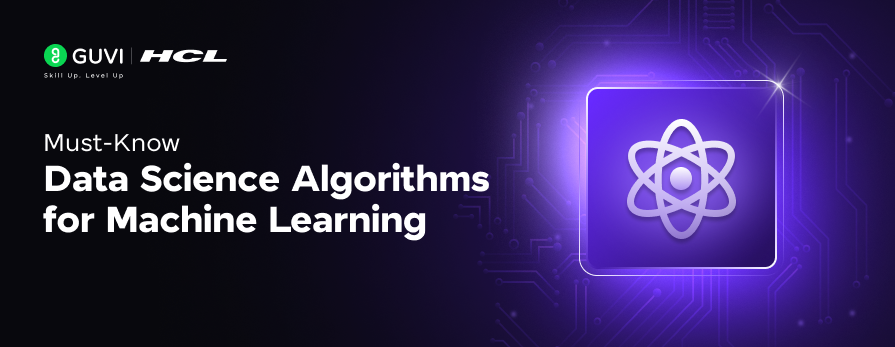
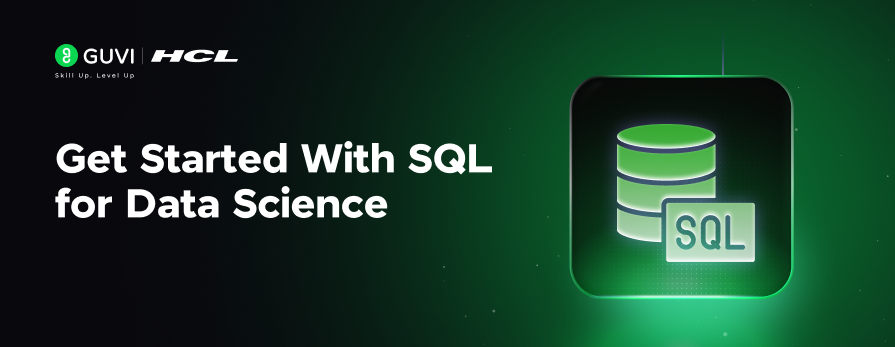
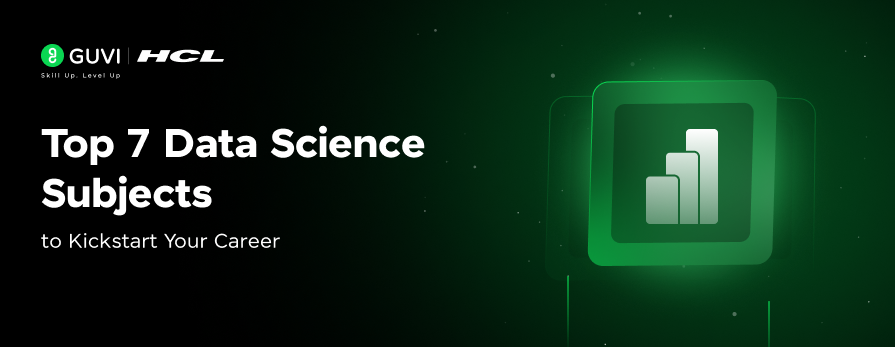
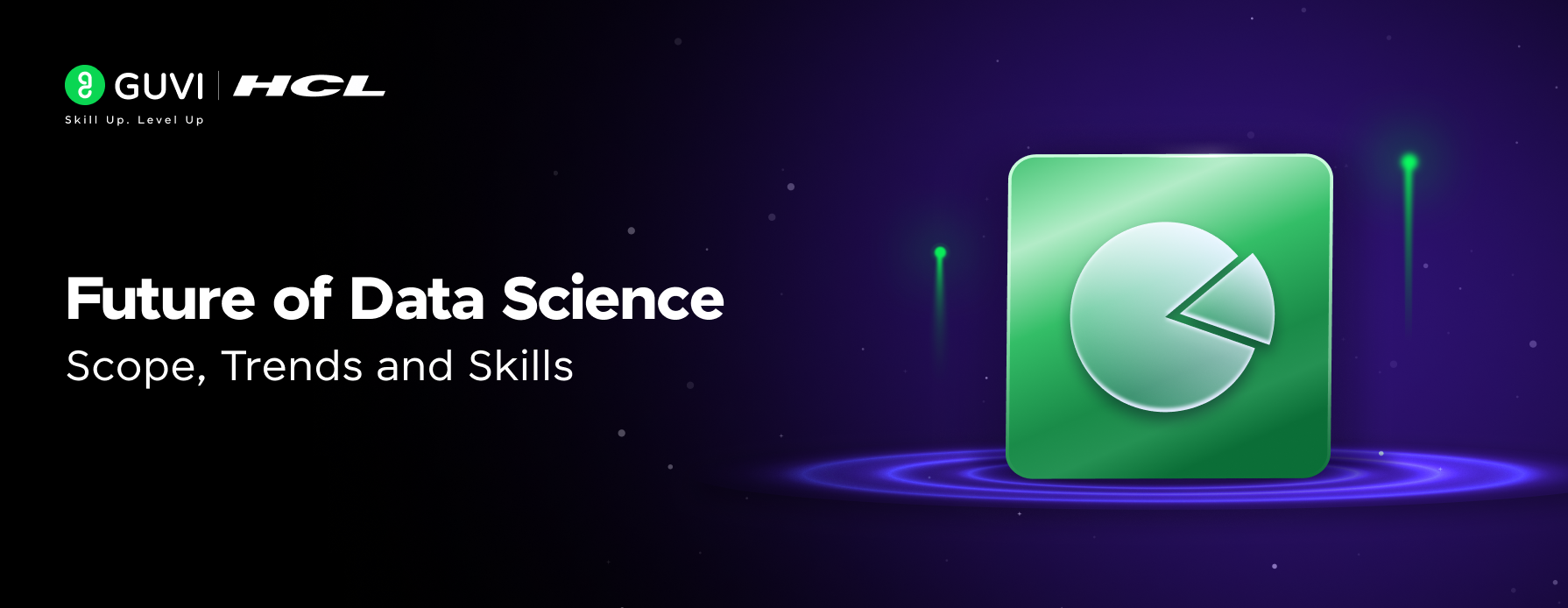
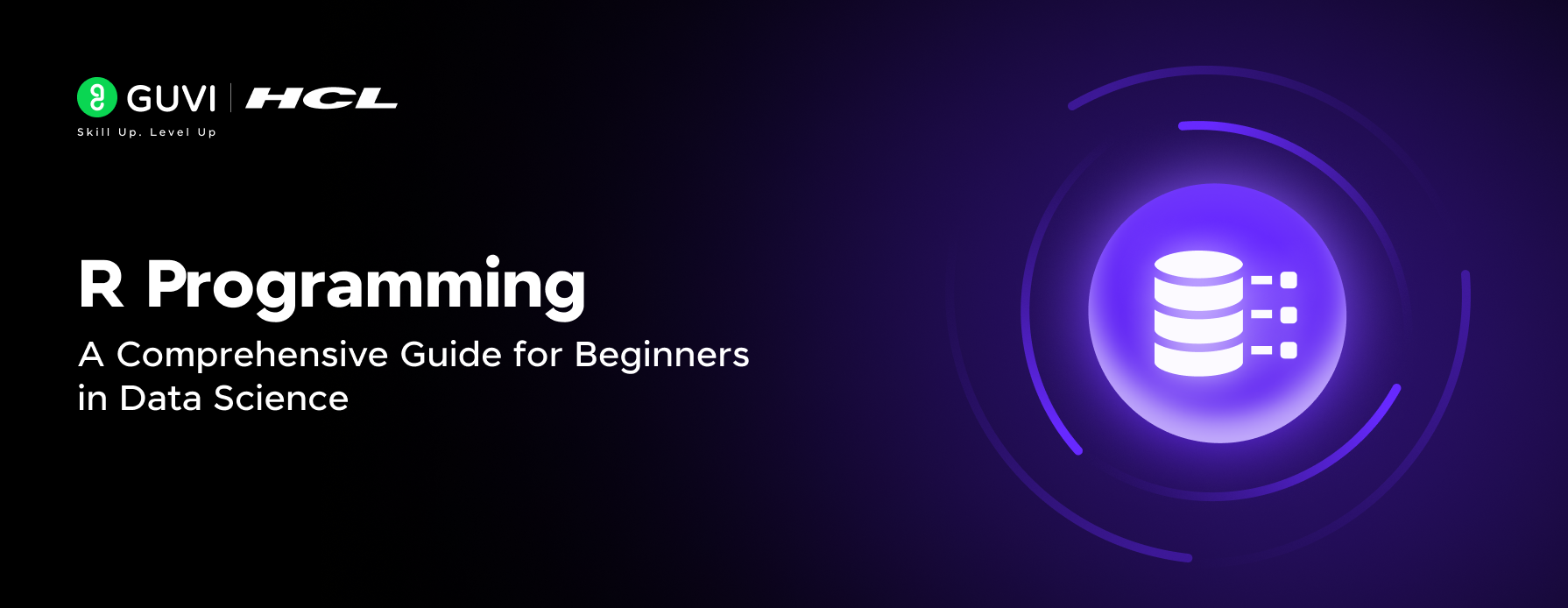
![What is the Difference Between BI and Data Science? [2025 Beginner's Guide] 11 difference between bi and data science](https://www.guvi.in/blog/wp-content/uploads/2025/06/Difference-Between-BI-and-Data-Science_.png)

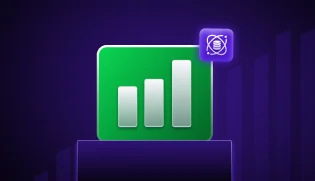
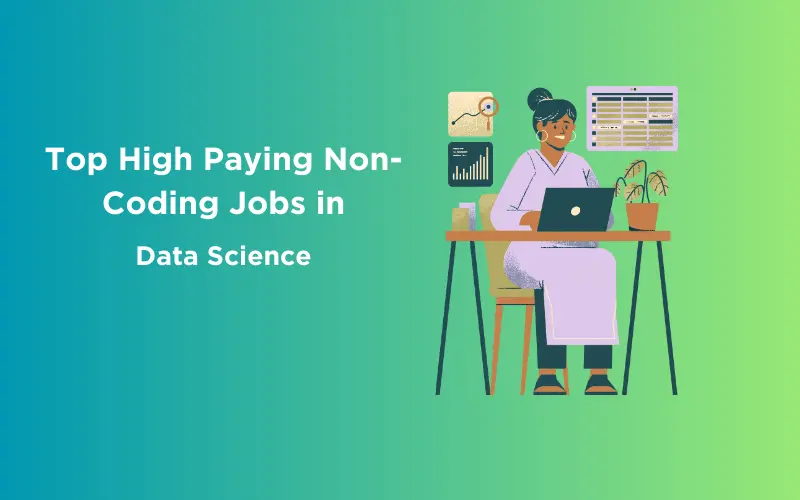

Did you enjoy this article?